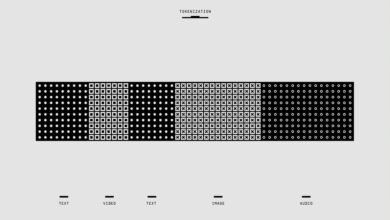Telecommunication Integrity and Regulation Council 9592050310 7272175068 6615352626 6515714451 8336550300 4235415500

The Telecommunication Integrity and Regulation Council (TIRC) plays a pivotal role in shaping the telecommunications landscape. Its focus on fairness and consumer protection is vital in today’s fast-paced industry. As regulations adapt to emerging technologies, understanding the council’s responsibilities can reveal how it impacts your rights and choices. What challenges does it face, and how might these influence your experiences in an ever-evolving digital world?
Overview of the Telecommunication Integrity and Regulation Council
The Telecommunication Integrity and Regulation Council (TIRC) plays a crucial role in overseeing the telecommunications sector, ensuring that it operates fairly and transparently.
You’ll find that the TIRC establishes regulatory frameworks that adapt to the evolving telecommunication landscape.
This adaptability fosters competition, encourages innovation, and protects consumer rights, ultimately reinforcing the essential principles of freedom and fairness in communication services.
Key Responsibilities and Functions
While navigating the complex telecommunications landscape, you’ll find that the Telecommunication Integrity and Regulation Council (TIRC) has several key responsibilities and functions that are vital for effective oversight.
TIRC ensures regulatory compliance across the industry, setting and enforcing industry standards.
Consumer Rights and Protection Initiatives
Recognizing the importance of consumer welfare, the Telecommunication Integrity and Regulation Council (TIRC) has implemented several initiatives aimed at protecting consumer rights in the telecommunications sector.
These initiatives promote consumer awareness and ensure service transparency, empowering you to make informed choices.
The Future of Telecommunication Regulation
How will emerging technologies shape the future of telecommunication regulation?
With 5G advancements, you’ll face new regulatory challenges that demand global cooperation.
Data privacy becomes paramount, as networks evolve and data flows increase.
Regulators must adapt swiftly, balancing innovation with consumer rights.
Your freedom hinges on transparent policies that protect personal information while fostering a competitive landscape for emerging technologies.
Conclusion
In the ever-shifting landscape of telecommunications, the TIRC acts as a steadfast lighthouse, guiding consumers through turbulent waters. By championing fairness and transparency, it ensures that the rights of individuals are not just protected but celebrated. As the industry evolves, the council’s role becomes increasingly vital, akin to a skilled gardener nurturing innovation while safeguarding the roots of consumer trust. Embracing this balance, the TIRC paves the way for a future where connectivity flourishes without compromising integrity.





